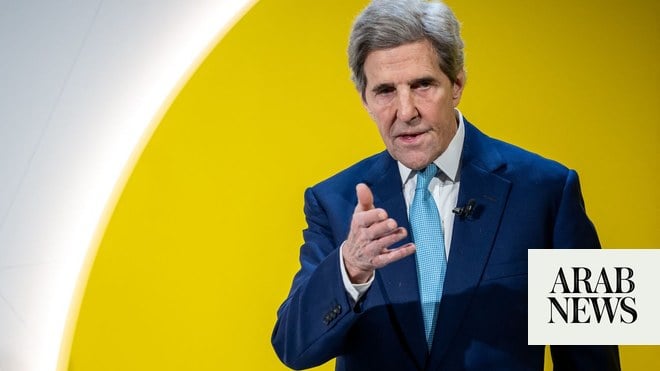
Spin doctors, present in strength at the crucial ongoing Cop24 meeting in Katowice, lost no time in beginning their work. Barely had the meeting gotten off the ground than extremely optimistic and reassuring press statements began emerging from inside the meeting rooms, including addressing the key issues of money and failing commitments to save the climate, which are set to dog the entire fortnight of this round of discussions.
A recent update on the state of the planet, prepared by the UN, showed a significant rise in global carbon emissions after a gap of four years, while another report highlighted the impact of global warming in the fact that the last four years are set to be the four consecutive hottest years ever.
Both these issues show that the celebrations at the end of the tough negotiations during the Paris meeting in 2015 were highly premature and indeed those celebrations will come back to haunt the participants in Katowice as they try to put their promises into action, along with some rules governing the implementation and policing of those promises.
Though vaguely worded, the Paris agreement had clearly set a target of limiting the rise in global temperatures to between 1.5 and 2 degrees Celsius by the turn of this century. However, the new data says that, with the current state of affairs, the actual rise in temperatures by the year 2100 would be more than 3 C — a catastrophic scenario not only for the small island states of the Pacific and Indian Oceans, but indeed the entire world.
What is really troubling in these reports is that the countries that have historically been the largest emitters of carbon dioxide — notably developed nations like the US and those in the EU, which continue to account for extremely high rates of emissions per capita — are way behind their promised cuts targets. However, this failure will not deter them from demanding much greater efforts in cutting emissions from developing economies, notably China and India, even though the per capita emissions in both are a lot below the developed countries.
The developed world is clearly trying to find a way out of generating this money, without which the Paris Agreement will remain largely on paper.
Ranvir S. Nayar
The discussions at Katowice could easily stumble on the way ahead for global emissions targets. However, another potentially more dangerous pitfall relates to the financing of actions to prevent climate change. At the Paris meeting, the developed world agreed to provide additional funding of $100 billion to developing nations every year from 2020 onwards in order to help them acquire the technologies needed to curb their emissions, as well as to help them deal with the catastrophic impacts of climate change that are already visible in most parts of the world.
However, the developed world is clearly trying to find a way out of generating this money, without which the Paris Agreement will remain largely on paper. That their intention to create this additional funding was less than entirely honest became clear at a preparatory meeting held in Bangkok in September. The US, Japan and Australia proposed removing specific rules for how countries should account for climate finance contributions.
Rather disingenuously, the rich countries are saying that even a commercial loan, extended by banks at normal rates, unlike the climate fund proposed, should count as part of the financial obligations of the developed world. This could save them about $25 billion a year, but whether the developing countries will be able to actually use loans at commercial rates remains an open question.
Yet the spin doctors at the UN Framework Convention on Climate Change, the body in charge of the climate change talks, wasted little time in celebrating the announcement by a consortium of leading global banks that they would fund the climate change preventive activities. Negotiators, especially the rich country’s delegates, would do well to remember that these banks are answerable to their shareholders only and, if they agree to finance any activity, it is because they can spot a hefty profit in it, not due to any sense of sharing the responsibility toward saving the planet.
The discussions in Katowice could indeed get bogged down by these two issues. But the biggest elephant in the room could turn out to be the US, which has announced its intention to leave the Paris Agreement, but cannot do so for another year. Hence it continues to play a role in the negotiations, even though it will have no responsibilities or commitments to meet.
With a president who dismisses global warming and climate change as myths and who is a big supporter of coal — the main cause of global warming — having the US present in the negotiations could be more of a problem than a solution for the negotiators in Katowice, who will be hard-pressed to reach any kind of reasonable and actionable agreement. But, as long as the US does not officially leave the Paris Agreement, not much can be done about its presence in the rooms at Katowice. One can only hope that the American delegation will watch from the sidelines rather than be at the center of these discussions.
Ranvir S. Nayar is managing editor of Media India Group, a global platform based in Europe and India, which encompasses publishing, communication, and consultation services.
Disclaimer: Views expressed by writers in this section are their own and do not necessarily reflect Arab News" point-of-view












